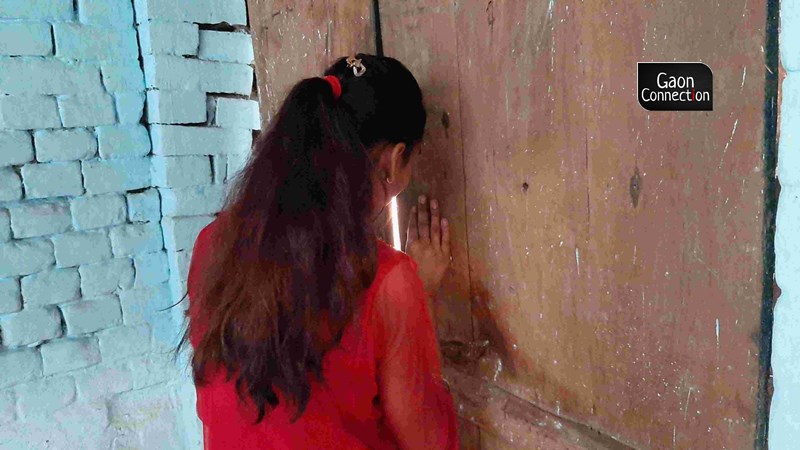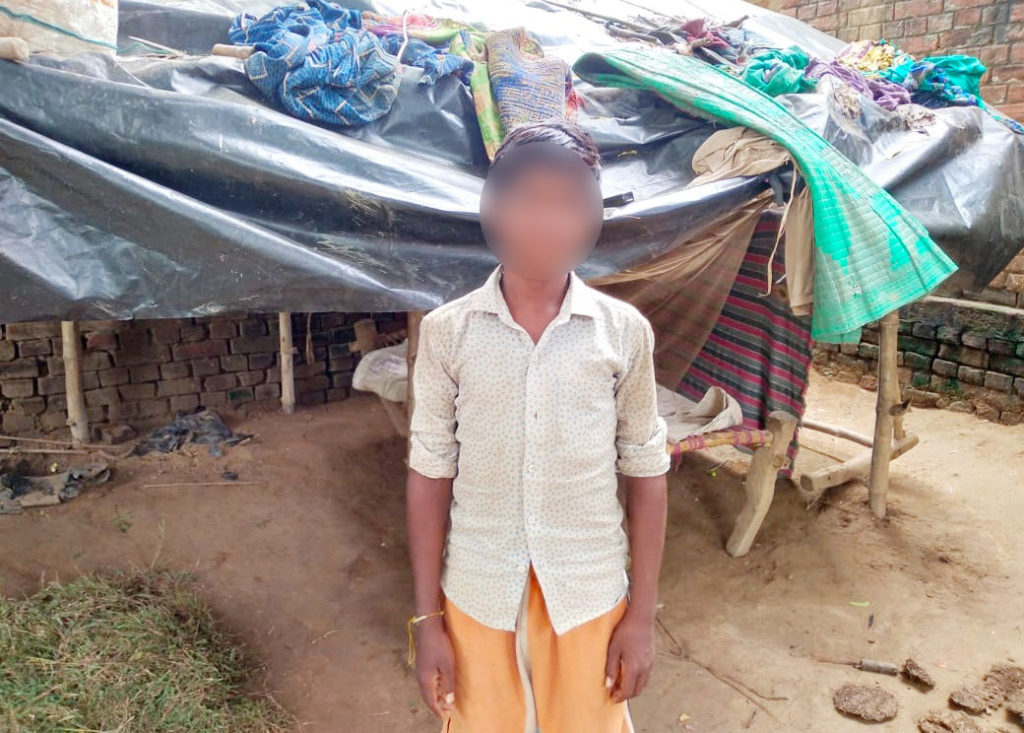Parliament Monsoon Session 2021: Draft Trafficking in Person Bill 2021 to be tabled; activists want it strengthened
Survivors of human trafficking, lawyers, social workers, probation officers, psychologists, researchers, and human rights activists, welcome the Bill to address and redress all forms of human trafficking but say it has to be further strengthened and reinforced. Details here.


The Bill upholds survivors’ right to rehabilitation and compensation independent of criminal proceedings. Image used for representation purpose. Photo: Gaon Connection
The upcoming monsoon session of Parliament will see the tabling of the draft of a significant bill. The Trafficking in Person Bill, 2021, proposes that there be a common law to address and redress all forms of human trafficking including sexual exploitation, forced labour, slavery and servitude and trafficking of human organs. This would help in sorting out the arbitrary inconsistencies between different legislations applicable to different forms of trafficking.
According to a press release on July 16, by Tafteesh, an anti-trafficking forum, the Trafficking in Person (TIP) Bill, 2021 is a welcome move. The draft anti-trafficking bill upholds survivors’ access to their rights, said members of Tafteesh, a coalition of survivors of human trafficking, lawyers, social workers, probation officers, psychologists, researchers, and human rights activists.
Also Read: 13-year-old girl, 38-year-old ‘bridegroom’ and a payment of Rs 100,000 for ‘marriage’
However, the activists said that the Bill needs to spell out more clearly the rights of survivors of human trafficking who need to be reintegrated and rehabilitated. The Bill also needs to strengthen the role of Anti Human Trafficking Units in different states for better law enforcement, they emphasised.
“The TIP Bill 2021 has built on the criticisms and feedback that the Ministry of Women and Child Development had received on the 2018 Bill. This Bill, for the first time, attempts to provide a definition of rehabilitation that includes focus on mental health and psychological recovery of survivors of human trafficking,” Pompi Banerjee, a psychologist and activist associated with Sanjog, also a member of Tafteesh consortium, was quoted as saying in the press release.
Also Read: Child trafficking surges in Bihar as parents have no work nor wages in the COVID-19 pandemic

Right to rehabilitation and compensation
The Bill upholds survivors’ right to rehabilitation and compensation independent of criminal proceedings. It also defines human trafficking as an organised crime with international implications and attempts to move away from conflating trafficking with sex work, she added.
According to Banerjee, there is no sustained or effective community-based rehabilitation or reintegration programme in the country. She pointed out that shelter homes, meant to keep survivors of human trafficking safe often become hubs of abuse and exploitation.
The anti-trafficking law must, she said, spell out a rescue protocol.
Talking about where the Bill falls short, Rloop Sen, anti-trafficking researcher and gender rights activist pointed out, “Given that human trafficking is an organised crime, this legislation says nothing about gathering intelligence and identifying organised trafficking networks and any strategic investigation for identification of traffickers, buyers and users of trafficked persons for forced labour and/or sexual exploitation.”
Sen felt that there should be inclusion of responsibilities to the NIA as the nodal agency to gather intelligence from across the country through District Anti-Human Trafficking Committees and State Anti-Human Trafficking Committees, NGOs and survivors. Prompt action had to be taken to dismantle such organised networks, just like the strategies undertaken similar to strategies used against anti-drug cartels,” he added.

Need to define Anti Human Trafficking Units
“Anti Human Trafficking Units (AHTU) which have been mandated by the Ministry of Home Affairs and have budgets allocated for conducting interstate investigation should be defined under this Bill,” added Krithika Balu, a Bengaluru based human rights lawyer and researcher.
Everything should be interlinked, said Supia Bibi, a leader from Utthan Survivors’ Collective in West Bengal. If one part doesn’t work well, the other part will fall through, she warned. “For example, in order to get the victim compensation, a survivor needs a strong report from the investigation which is possible if the investigation is done by the AHTU,” she pointed out.
N. Rammohan, an anti-trafficking activist from Andhra Pradesh, said local police stations did not have the bandwidth of either time, money or resources to take anti-trafficking preventive measures.
“Also, the rising debt bondage of sex workers puts their children at risk of forced prostitution, and unless AHTUs are empowered to take action to break the nexus between money lenders, pimps and brothel owners and managers, the entry of children of sex workers, especially young women between 18 and 21 will seem consensual,” he said.
“The draft TIP Bill at present is largely silent on rescue protocols,” said Kaushik Gupta, a Calcutta High Court lawyer. “This makes the role of the AHTUs unclear in the rescue and post-rescue processes,” he added. He also said that Section 26, subsection 4 in the TIP Bill 2021 that empowered the court to give a mandatory death sentence to a repeat convict, had to be looked at again carefully.
“The death penalty has not been proved to be an effective deterrent to any crime, rather it has worked against conviction of offenders since harsher the punishment, the stricter the requirement of proof,” Gupta pointed out.

